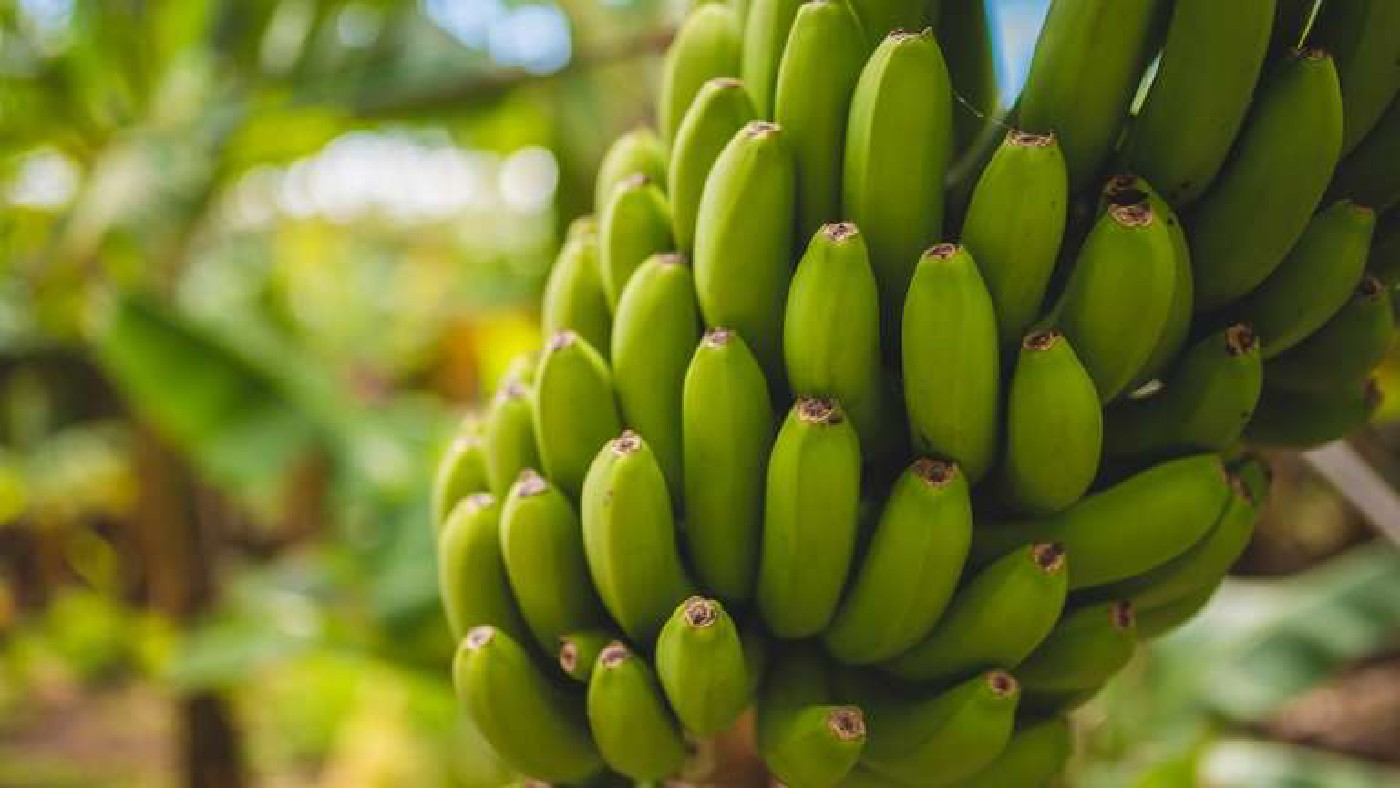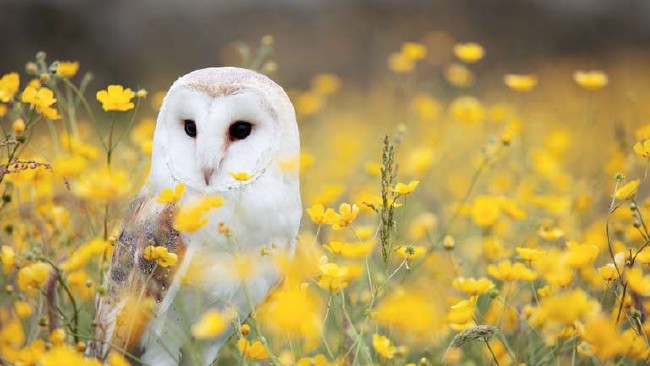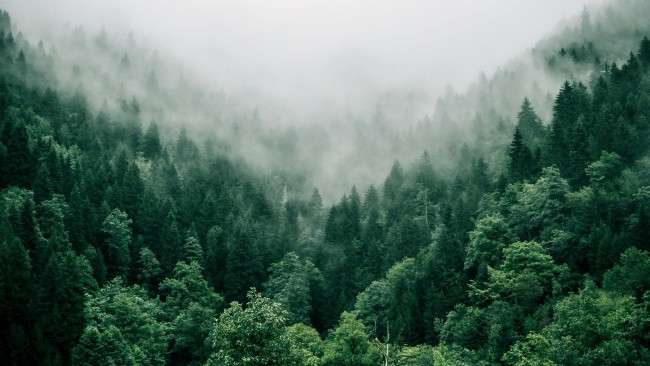How Metropolitan France grows zero-carbon exotic produce
In France, Les Arts Verts grow tropical produce in greenhouses to reduce the carbon footprint associated with importing food from around the globe.
These pioneer farmers in the Pyrenees produce bananas, turmeric, passionfruit, mangos, and many other species that we usually find in La Réunion (a French department in the Indian Ocean). Their secret is to find species that can handle conditions colder than the tropics to flourish in European greenhouses.
Moreover, Les Arts Verts grow their food according to the organic certification ECOCERT. In particular, they cultivate their tropical produce in living spaces, using polyculture to keep the soil rich and increase biodiversity. Also, they do not heat their greenhouses but equip them with solar panels to put clean electricity back into the grid.
Finally, this farm collaborates with the greatest French chefs—including a Michelin-starred restaurant— to provide them with zero-carbon exotic products.
Why does it matter? Bananas and mangos are among the preferred fruits in France. The country imports 3.4 million metric tons of fruit every year, despite the vast amount of farms within its borders. However, importing 2 tons of products can generate 6 tons of carbon dioxide and its greenhouse gas equivalent.
Eco-conscious consumers in France will now be able to get their favourite tropical fruits while enabling the creation of local jobs and preventing adverse effects on the environment.
Related Posts
Zelp masks capture cows’ methane emissions at the source
Francisco Norris and his brother Patricio come from a cattle-ranching family in Argentina. In the UK, they founded Zelp, a company that aims to capture methane emissions at the source.
Owls replace pesticides in Californian wineries
Today, 80% of Napa Valley winemakers use owls to control their rodent population, while less than 20% use rodenticide instead.
DroneSeed leverages drone technology to further reforestation efforts
DroneSeed developed a drone-based technology to reforest lands after wildfires efficiently.



